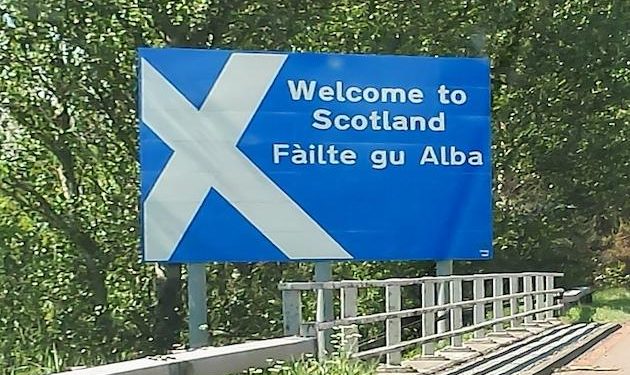- The ruling Scottish National Party will agree to a power-sharing deal with the Scottish Green Party
- This will result in a pro-independence majority in parliament prior to a political battle over the future of the United Kingdom
- The deal between the SNP and the Greens will increase the pressure on British Prime Minister Boris Johnson to allow a second independence referendum
LONDON, England: The ruling Scottish National Party will agree to a power-sharing deal with the Scottish Green Party, which will result in a pro-independence majority in parliament prior to a political battle over the future of the United Kingdom.
The deal between the SNP and the Greens will increase the pressure on British Prime Minister Boris Johnson to allow a second independence referendum.
Earlier, Scottish First Minister Nicola Sturgeon said Scotland would hold another independence referendum by the end of 2023. If Scotland voted to leave the UK, it would mark the largest political eruption in the United Kingdom since Irish independence a century ago.
The political agreement “makes it harder and, indeed, impossible on any democratic basis for a UK government to resist the right of the Scottish people to choose their own future,” Sturgeon said.
With the agreement and the support of the Greens, who have seven seats, the SNP will have a clear majority to move forward with another Scottish independence referendum.
Opinion polls in 2020 indicated that for the first time, a small majority of Scottish voters favored independence from the United Kingdom.
However, polls taken in reccent months indicated a slight drop in support for secession.
A referendum would set up a clash between the Scottish government in Edinburgh and Johnson’s United Kingdom-wide administration in London. Scotland has been a member of the union with England and Wales for 314 years.
Meanwhile, the British government argues Johnson must give approval for any referendum and he has repeatedly made clear he would refuse. Johnson has noted that the Scots had backed staying in the United Kingdom in a “once in a generation” poll in 2014 by 55 percent to 45 percent.






